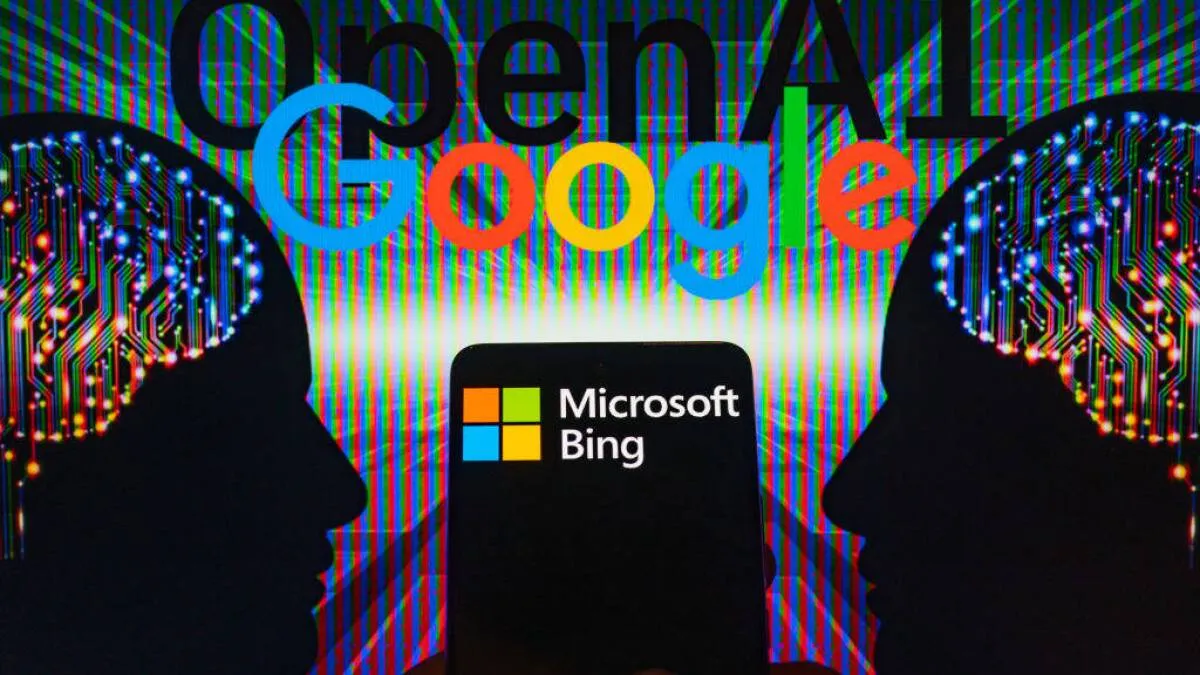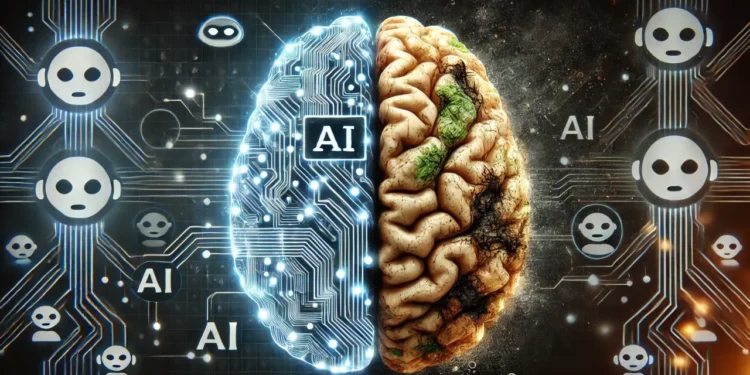A recent collaborative study by Microsoft and Carnegie Mellon University, published by 404 Media, raises alarming concerns about the potential cognitive decline associated with excessive reliance on AI. The research suggests that while AI automates routine tasks, it inadvertently weakens our cognitive “musculature.”

The irony of automation, as noted by the researchers, is stark:
“[A] key irony of automation is that by mechanizing routine tasks and leaving exception-handling to the human user, you deprive the user of the routine opportunities to practice their judgement and strengthen their cognitive musculature, leaving them atrophied and unprepared when the exceptions do arise.”
The study involved a thorough evaluation of AI use cases in the workplace, particularly focusing on the confidence levels of employees using AI tools. The findings indicated a clear divide: employees overly confident in their AI tools struggled more with tasks requiring critical thinking compared to their less reliant counterparts.
Real-World Reactions and Concerns
These findings resonate with anecdotal evidence from social media and forums where users express concerns about their declining mental engagement.
“I already feel like I have lost some brain cells,”
one user lamented, highlighting a sentiment echoed by many others across various platforms.
Another user from Reddit shared,

“I can really see that ChatGPT will make us more dumb as we will increasingly use AI without thinking and engaging our brain.”
Furthermore, a recent BBC study criticized AI tools like ChatGPT and Copilot for their inability to differentiate between opinions and facts, often leading to inaccuracies in AI-generated summaries. This blurring of factual accuracy underscores the risks of overdependence on automated systems for information processing.
The Industry Perspective on AI’s Future
The discourse around the implications of AI isn’t just limited to cognitive concerns. Industry giants like Bill Gates and NVIDIA’s CEO Jensen Huang have voiced their predictions about AI’s role in the future of work.
Gates sees AI replacing humans in many sectors, while Huang suggests that coding might become obsolete due to AI advancements. Elon Musk, on the other hand, envisions a utopian future where AI takes over jobs, making work an optional hobby for humans.

As we continue to integrate AI tools into our daily routines, the conversation around their impact on our cognitive functions is more relevant than ever. It’s crucial to strike a balance, ensuring these tools augment rather than replace the mental rigor required in professional and personal contexts.
By fostering an environment where AI supports rather than supplants human intelligence, we can leverage the benefits of technology without compromising our cognitive health. As the digital age advances, maintaining this balance will be key to ensuring that our reliance on AI fosters enhancement rather than atrophy of our critical thinking skills.










